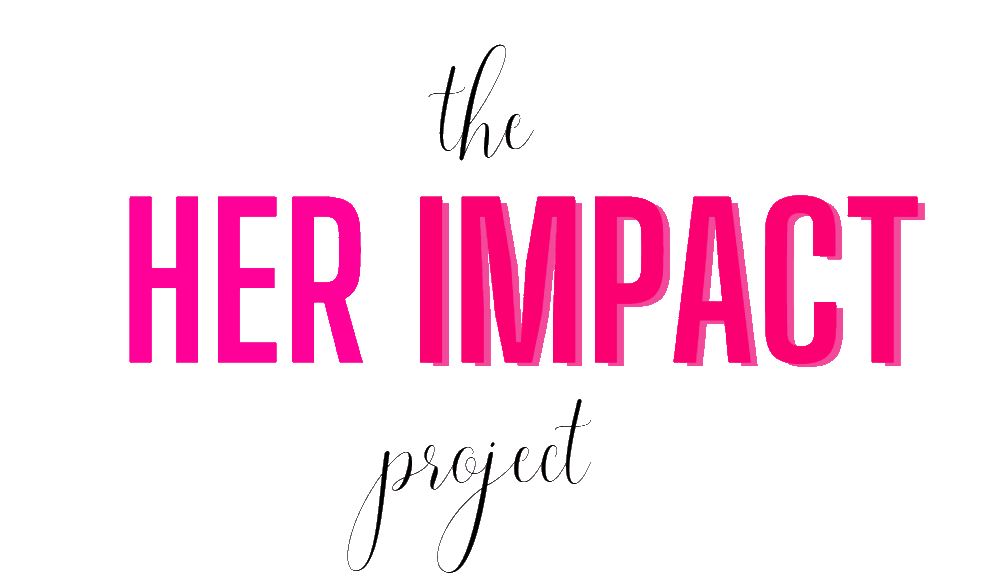
February 5, 2024
A new genre of Coffee with Pop and Bottle's Jash Mehta!

Hi Everyone,
Thank you for reading our fourteenth post. We are honored to have Jash Mehta, the co-founder and CEO of Pop and Bottle, featured on our blog! As the CEO of Pop & Bottle, Jash is dedicated to revolutionizing coffee beverages, crafting them without dairy or refined sugar, using wholesome, natural ingredients, and delivering a flavor experience beyond your wildest expectations.
After Jash and her good friend Blair moved to California, they fell in love with the farm-to-table food scene and healthy lifestyle they saw and began to experience. They'd often meet for lattes and remark that we couldn't find the simple, wholesome plant-based coffee drinks we craved, so they decided to make them themselves. After hours of blending almond milk, brewing cold brew coffee, soaking organic dates, and mixing superfood spices in their home kitchens, Pop & Bottle was born.
Since its founding in 2015, Pop & Bottle has been wildly successful. They expanded to the East Coast, were featured in Forbes, won a NEXTY Award, and hit the shelves of stores such as Whole Foods, Walmart, and Costco, as well as convenience stores.
However, this path to success for Pop & Bottle was not without challenges. In its early days, the company grappled with the intricacies of scaling production and securing financing, facing substantial growing pains along the way. Jash acknowledges the presence of implicit gender-related challenges. Embracing its status as a proudly female-founded company, Pop & Bottle closely aligns with its core female customer base, leveraging this narrative as a pivotal aspect of its identity and uniqueness. Jash firmly believes that the company's female-founded status should be regarded as a valuable asset and a source of strength. This perspective has consistently defined Pop & Bottle's approach.
Thus, it is no surprise that Pop & Bottle is a business that focuses on giving back to women. With everything Pop & Bottle does, they're thinking about the impact and how they can positively uplift communities they want to support. Pop & Bottle sources ingredients from women-owned suppliers as much as they can – their matcha is from a women-owned matcha company, and some of their coffee beans come from women-owned coffee collaboratives in Central America. They also have a primarily female team that they support with growth and leadership opportunities, and they give back to women entrepreneurs via mentorship and financial support throughout the year.
As a women-operated and controlled company, Pop & Bottle sees the extra hurdles women often have to jump through to succeed in an entrepreneurial venture. Having to earn the right to be taken seriously, acquiring funding in a still male-dominant investor world, and not being able to call themselves women-owned because of their funding partners are just a few of the issues women-owned businesses face that their male counterparts do not. Though women-led companies are becoming more common, they're still the minority in the industry.
Pop & Bottle's efforts to level the entrepreneurial playing field exemplify how businesses can drive positive change and create a more equitable future.
Visit their website, www.popandbottle.com, to learn more about Pop & Bottle's story and products. You can also follow Pop & Bottle on social media to keep updated on their newest latte recipes.
Thank you for reading our post!
Question & Answer
How did you get your idea for this business?
My very good friend Blair and I had recently relocated to California and were loving the farm-to-table food scene and healthy lifestyle we saw and began to experience. We’d often meet for lattes and remark that we couldn’t find the simple, wholesome plant-based coffee drinks we craved, so we decided to make them ourselves. After hours of blending almond milk, brewing cold brew coffee, soaking organic dates, and mixing superfood spices in our home kitchen, Pop & Bottle was born.
What did you do prior to founding your businesses?
I worked in a large corporate environment as a business strategy consultant. The experience was really rewarding as I learned a lot about a variety of businesses across different industries and was able to jump into strategic initiatives that gave me oversight into operations, innovation, management, and finance. Meanwhile, I always knew I wanted to be an entrepreneur and would work on ideas and concepts on the side!
What were any obstacles you faced while developing your business? Did gender play a factor in any of these?
Starting a business is full of obstacles, big and small. We are constantly (to this day) managing challenges across the business and that is something we have grown to learn to enjoy. In the early days, we often contended with a lot of growing pains with how to scale production and how to raise financing. There is often a gender component, albeit largely implicit vs explicit. We are proudly female founded and align closely with our anchor female customers so from a brand perspective, this has always served us well. And we try use the story of being female founded to our benefit as much as possible too - sharing this as an important part of who we are and what makes us unique. For the right partner or right investor, it should be seen as a benefit and a strength and that is how we've always owned it.
How does your business focus on giving back to women?
With everything we do at Pop & Bottle, we’re thinking about the impact and how it can positively uplift communities we want to support. We source ingredients from women-owned suppliers as much as we can – our matcha is from a women-owned matcha company and some of our coffee beans come from women-owned coffee collaboratives in Central America. We also have a mostly female team who we support with growth and leadership opportunities, and we give back to women entrepreneurs via mentorship and financial support throughout the year.
Why is giving back to women a main focus of your company’s business?
As a women-operated and controlled company, we see the extra hurdles women often have to jump through in order to succeed in an entrepreneurial venture. Having to earn the right to be taken seriously, acquiring funding in a still male-dominant investor world, to not being able to call ourselves women-owned because of our funding partners are just a few of the issues women-owned businesses face that their male counterparts do not. Though women-led companies are becoming more common, they’re still the minority when it comes to business, and we want to make the entrepreneurial playing field more equitable.
Site made by Ashwin Iyer